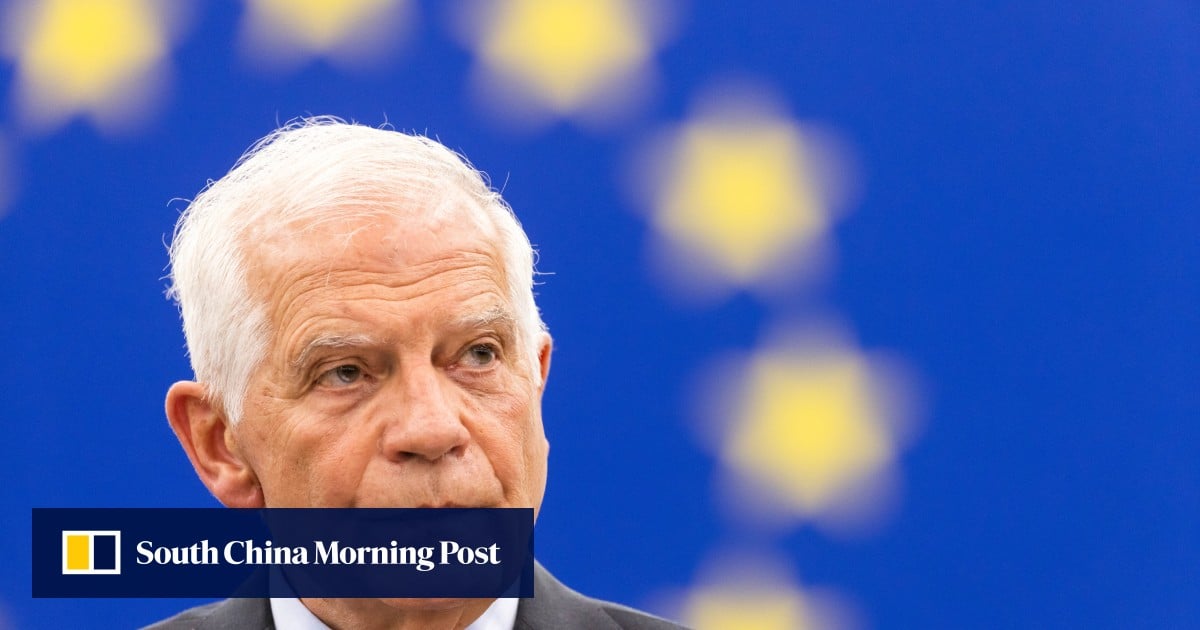
Thereafter, from September 19 to 24, EU trade chief Valdis Dombrovskis will visit China for talks with He Lifeng, Beijing’s vice-premier responsible for economic affairs. It is understood that an advance team is travelling early from Brussels to ensure the pair have agreements to sign during the economic meeting.
The Latvian’s trip is expected to focus on trade grievances in the bilateral relationship. A report published by the EU’s trade department on Wednesday said “dumped and subsidised imports from China remain the greatest challenge causing damage to European manufacturing industry”.
Advertisement
Xi’s G20 absence frustrates Europeans eager for time with China’s decision maker
Xi’s G20 absence frustrates Europeans eager for time with China’s decision maker
An EU economic security strategy proposed in June seeks for the first time to implement restrictions on outbound investment in some hi-tech sectors in China, while expanding the bloc’s use of export controls.
Customs data released on Thursday showed that China’s exports to the EU fell by 19.58 per cent last month, while imports from the EU fell by 5.74 per cent.
Advertisement
Meanwhile, the convenor of Hong Kong’s Executive Council, Regina Ip Lau Suk-yee, was in Brussels this week to discuss “politically sensitive” issues with EU officials.
Hong Kong leader pitches city as ‘ideal gateway’ to East at EU envoy meeting
Hong Kong leader pitches city as ‘ideal gateway’ to East at EU envoy meeting
Advertisement
The EU’s office in Hong Kong helped to facilitate Ip’s meetings after she told diplomats she was visiting family in London and was interested in meeting Brussels officials.
The report for 2022 described at length the “far-reaching implementation of the national security law”, which it said had encroached on academic and media freedom, rights of assembly and association, and “cast doubt on the state of the rule of law in Hong Kong – a cornerstone of its economic success”.
Advertisement
The EU pointed to the “intensification” of trials under the national security law, which by the end of last year had led to the arrest of 236 people, some “held in custody since January 2021, in some cases in solitary confinement”, the detention of minors and the invocation of a colonial-era sedition law.
Advertisement


